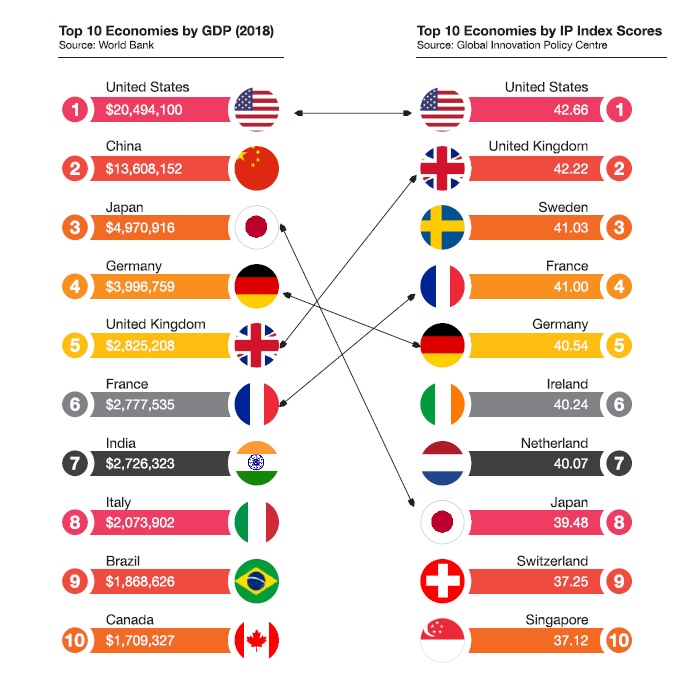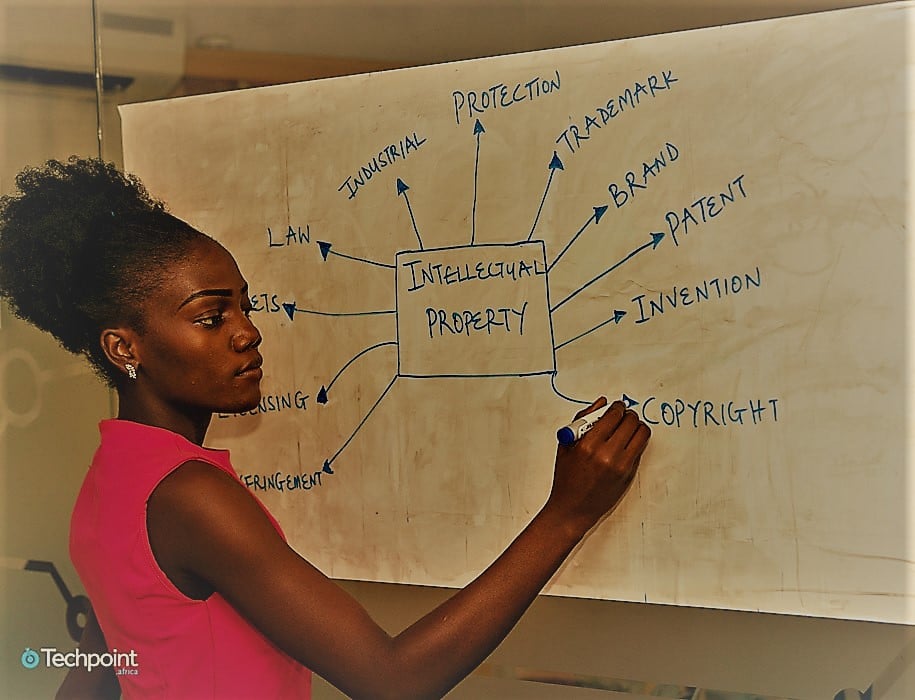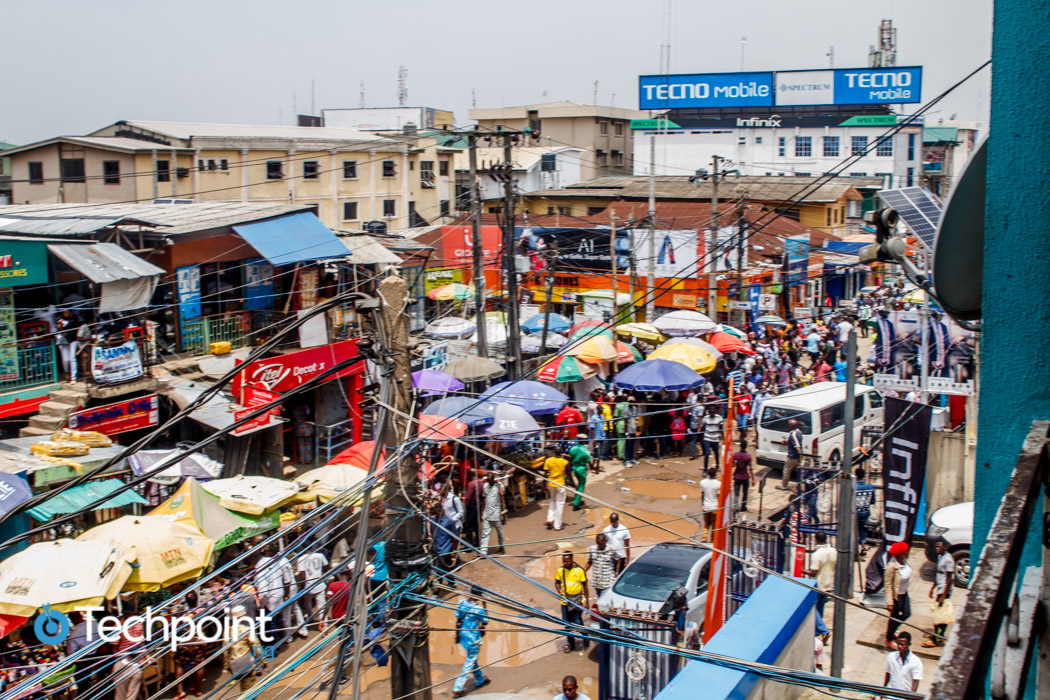Today the world is riding on the back of ideas that bring about innovation. From stop-gap solutions to long-term dynasty-building patents, the success of these ideas are ensured by strong intellectual property laws that prevent piracy.
A recent study by PricewaterhouseCoopers (PwC) emphasised a positive correlation between strong intellectual property laws and a country’s economic development.
As shown by the multinational professional services firm, half of the top 10 economies in the world by Gross Domestic Product (GDP) also happen to be among the top countries with the strongest intellectual property laws.

Sadly, according to PwC, Nigeria happens to have one of the weakest intellectual property laws in the world, making it an attractive destination for counterfeit and pirated products, and illegal distribution of services.
Thriving beside Nigeria’s weak intellectual property policies are its largely informal economy, corruption, high unemployment rates and relaxed enforcement of policies.
The fruits of regulatory laxity
The details of the PwC study can be easily observed as a stroll to a typical Nigerian market Ikeja’s computer village, for instance, would reveal the presence of fake gadgets as well as pirated software of expensive global brands, and, in some cases, buyers can only tell the difference by the product’s price tag.
Suggested Read: Why there is still a thriving stolen phones market in Nigeria
Apart from gadgets and software, the issue of piracy cuts across different sectors in Nigeria such as pharmaceuticals, entertainment/creative industries, clothing/textile, and consumer goods.
As a developer or a techpreneur, If you have ever witnessed a carbon copy of your product or service being offered by someone else, then you probably have some degree of familiarity with IP infringement.
Rita Anwiri, an intellectual property specialist and IT arbitrator, believes these issues have multifaceted origins which include a lack of IP awareness among IP owners, and outdated IP laws.
“The non-availability of an IP policy, a specialised court like they have in China for resolving IP disputes with trained IP judges presiding over IP cases contributes to the weak state of IP rights in Nigeria,” says Anwiri.
Also, she emphasises that there is a huge gap in IP education from the primary to the university level and little to no encouragement for research and development (R&D) in our society.
“We need to understand that IP is everywhere and practically interfaces with every industry and sector,” Anwiri adds
A direct consequence of this, according to Anwiri, is the evident lack of respect for terms of contracts, especially in the entertainment sector, and the rise of digital piracy.
From another perspective, Enyioma Madubuike, an information technology legal consultant, posits that though Nigeria’s IP laws are quite backward, some desirable effects can still be achieved with the existing ones if deliberate moves are made by the government to enforce them.
“It is an attitude thing on the part of our government,” he says.
Apparently, Madubuike believes that there are enough IP laws that can be worked with but with little being done to ensure that the populace adheres to them, piracy continues to thrive across all sectors of the economy.
Referencing the entertainment industry once more, Madubuike points to the seeming lack of regulatory action against random websites distributing Nigerian songs for free, despite existing anti-piracy policies.
The lack of awareness of IP rights and the flippant attitude to it by most Nigerians may have stemmed from the top.
The potential impact on the tech community
Nigeria’s ICT sector has witnessed steady growth in recent years, and attracted a lot of investments to become one of the top startup funding destinations in Africa. However, our findings show that the growth might have been more had the right IP laws been in place.
According to the National Bureau of Statistics (NBS), in 2018, the ICT sector contributed 10.16% of Nigeria’s GDP in nominal terms and 12.22% in real terms. Judging from events in 2019, it might be safe to assume that Nigeria’s ICT sector could contribute even more to the country’s economy.
But across different arms of the ICT sector, there are still piracy issues, a notable example being the obvious scarcity of genuine Windows software in Nigeria. A scenario that itself stemmed from the high cost of securing genuine software.
PwC suggests that countries with weak IP laws could be hard-pressed to attract foreign direct investment and develop innovation, R&D, and technology transfer.
According to the study, a 1% increase/improvement in patent protection, trademark and copyright protection, correlates to a 2.8%, 3.8%, and 6.8% increase, respectively in FDI.
What about all the investors trooping in to invest in Nigeria you ask? Madubuike’s thoughts give us some food for thought.
For him, when an investor wants to invest in any R&D project, he wants to be fully confident that the products or services cannot be easily counterfeited after spending so much money. Hence, the dearth of R&D projects in Nigeria.
“Most products developed by the world’s biggest tech companies were products of long-term R&D projects that were done in an environment protected by strong IP laws,” says Madubuike
Considering that countries with the strongest IP rights are home to most of the world’s tech giants the significance of this assertion becomes visible.
Madubuike further adds that the absence of such laws keep Nigeria’s tech space from becoming the giant it should be.
“Our tech ecosystem is still focused on creating stop-gap solutions for the present and few solutions are being made through R&D for the long run because we don’t have a system that protects such inventions,” he explains.
What can and should be done
Every problem comes with a solution and experts believe IP rights in Nigeria can take a turn for the better if the right pieces are placed in the right places.
Suggested Read: For startup founders: Protecting your Intellectual Property
Anwiri defines IP as an umbrella of various intangible assets/property that encompasses intellectual creation such as trademark, industrial design, and trade dress or a creative work such as a copyright.
For the tech community, Anwiri insists that all IPs from the name of the product to the source and object codes of any software should be taken more seriously.
Echoing Madubuike’s thoughts, she believes every brand should always plan with the long-term goal in mind, especially with the use of good IP strategies, monitoring, and a good IP management team.
With regard to policy, Anwiri advocates more IP awareness and education, a specific IP policy, specialised IP courts, more specialised IP practitioners, IP examiners, and updated laws.
She also asserts that alternative IP dispute mechanisms should be explored as well as a more collaborative partnership between relevant regulatory authorities to crack down on illegal downloads and digital piracy.
Madubuike adds that as Nigerians take IP more seriously, a measure of success can also be gleaned by closing the gap between academia and the realities of the market.
In the meantime, Madubuike asserts that users can leverage global Internet giants like Google, Facebook, and Twitter by reporting anything they deem to be an infringement on copyrights.
At the moment a definitive answer cannot be given on how much the tech space in Nigeria has actually grown. Nevertheless, considering the present realities, it is obvious that IP laws in Nigeria are in need of a potentially beneficial upgrade.









